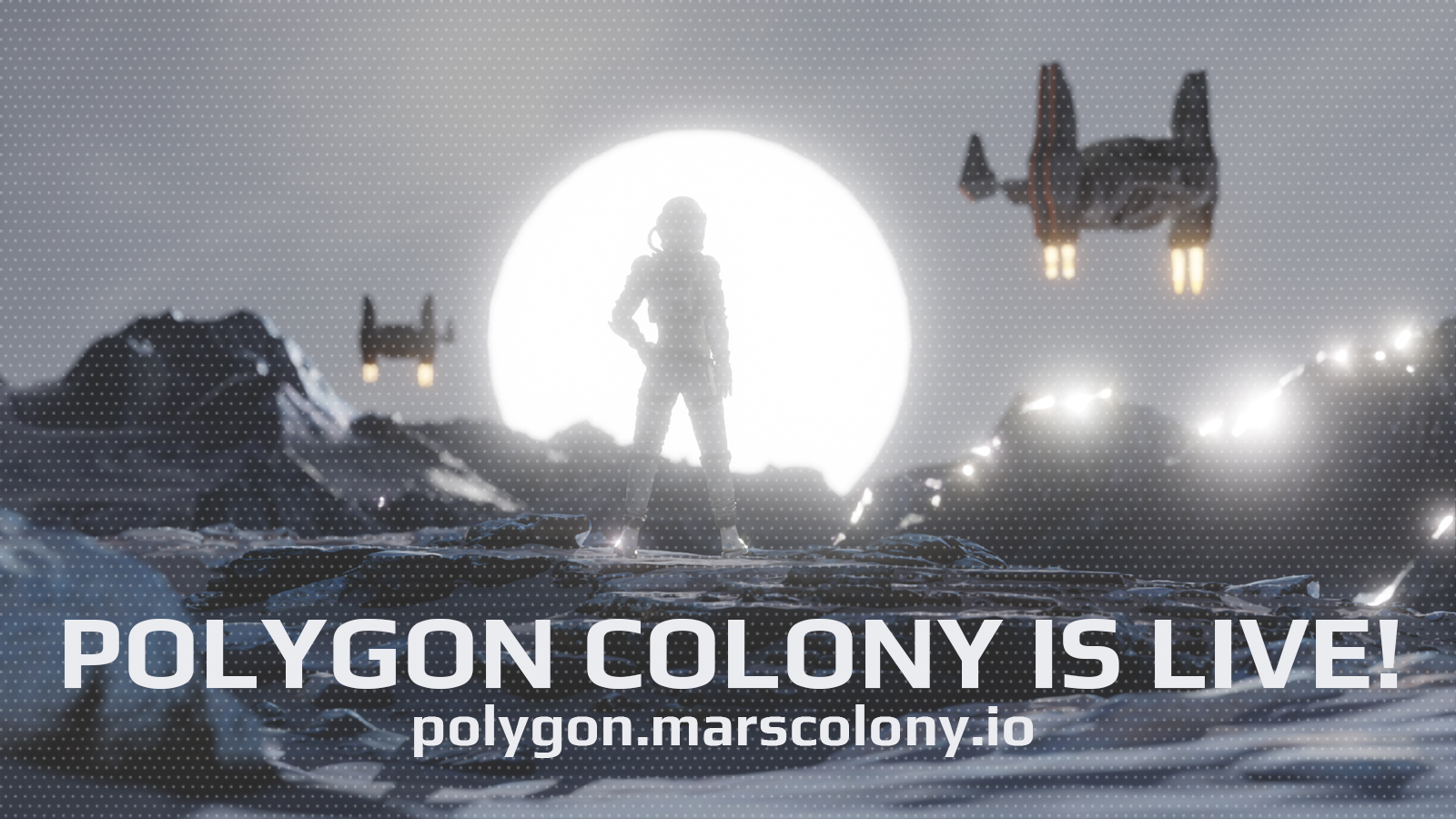
MarsColony is a combination of different elements including NFT ownership, DeFi economy, DAO governance, and guilds to create a colonization framework for the meta and web3 society. The project aims to bring together gamification and NFTs and is expanding to the Polygon blockchain, providing new players with the opportunity to become a creator of a new world.
-------------
Explanation of the Key Terms
NFTs
NFTs, or non-fungible tokens, have disrupted the way we think about ownership and value in the digital age. These unique digital assets are verified on a blockchain, providing a level of authenticity and transparency that was previously impossible for digital content. From artwork to music, sports collectibles to virtual real estate, NFTs have been used to represent a wide variety of digital content. NFTs have not only enabled creators to monetize their work in new and innovative ways, but they have also created a new market for collectors and enthusiasts. The value of NFTs can fluctuate greatly, as they are subject to the same market forces as any other asset. However, NFTs also hold a deeper meaning for many collectors, as they represent a piece of history or a connection to a particular artist or creator. As the world becomes increasingly digital, it seems likely that NFTs will continue to play an important role in the way we think about ownership and value in the digital age.
DeFi
DeFi, or decentralized finance, is a rapidly growing sector of the cryptocurrency industry that aims to disrupt traditional financial systems by enabling users to access financial services without intermediaries. DeFi applications are built on blockchain technology, allowing for trustless and transparent transactions. Decentralized exchanges, lending platforms, and stablecoins are just a few examples of the many DeFi applications that are available today. One of the key advantages of DeFi is its accessibility - anyone with an internet connection can participate in the DeFi ecosystem. Additionally, because DeFi applications are decentralized, they are resistant to censorship and other forms of interference from central authorities. This has led to a growing interest in DeFi from both retail investors and institutional players. As the DeFi ecosystem continues to mature and evolve, it has the potential to transform the way we think about finance, banking, and wealth management.
DAO
DAO, or decentralized autonomous organization, is a new type of organization that operates entirely on blockchain technology. Unlike traditional organizations, which are controlled by a centralized authority such as a CEO or board of directors, DAOs are run by smart contracts that are executed on the blockchain. This allows for a more democratic and decentralized approach to decision-making, as stakeholders are able to vote on proposals and participate in the governance of the organization. DAOs have the potential to revolutionize the way we think about organizational structure and governance, by enabling communities to come together and create value in a more transparent and equitable way. While DAOs are still a relatively new concept, they have already been used to create decentralized exchanges, lending platforms, and even art collectives. As blockchain technology continues to mature and evolve, it seems likely that DAOs will become an increasingly important part of the digital landscape.
Polygon Blockchain
Polygon, formerly known as Matic Network, is a popular Layer 2 scaling solution for Ethereum that aims to address the high gas fees and slow transaction speeds that have plagued the Ethereum network in recent years. Built on top of Ethereum, Polygon provides developers with a faster and cheaper alternative to the main Ethereum chain. Polygon achieves this by using a combination of Proof-of-Stake and Plasma, which allows for faster and more efficient transactions. Additionally, Polygon supports interoperability with other blockchains, making it easier for developers to build cross-chain applications. This has made Polygon an attractive option for developers looking to build decentralized applications that require high transaction throughput and low fees. As more and more developers begin to explore the potential of Polygon, it seems likely that this blockchain will continue to grow in popularity and importance within the wider crypto ecosystem.
Blockchain
Blockchain technology is a revolutionary innovation that has the potential to transform a wide variety of industries, from finance to healthcare to supply chain management. At its core, a blockchain is a decentralized, distributed ledger that is used to record and verify transactions. This means that instead of relying on a centralized authority, such as a bank or government agency, transactions are verified by a network of nodes that work together to maintain the integrity of the blockchain. One of the key advantages of blockchain technology is its transparency and immutability, which makes it difficult to manipulate or falsify data. Additionally, blockchain technology enables the creation of smart contracts, which are self-executing contracts that can be programmed to automatically trigger certain actions based on predefined conditions. This has the potential to automate many complex processes and reduce the need for intermediaries. As the technology continues to mature and evolve, it seems likely that we will see many new and innovative use cases for blockchain emerge in the coming years.
-------------
RiseAngle NFT Calendar
Looking for a reliable source for upcoming NFT projects? Look no further than RiseAngle NFT Calendar. Our NFT calendar is updated regularly with the latest ETH drops calendar, Polygon drops calendar, ADA NFT drops, and more.